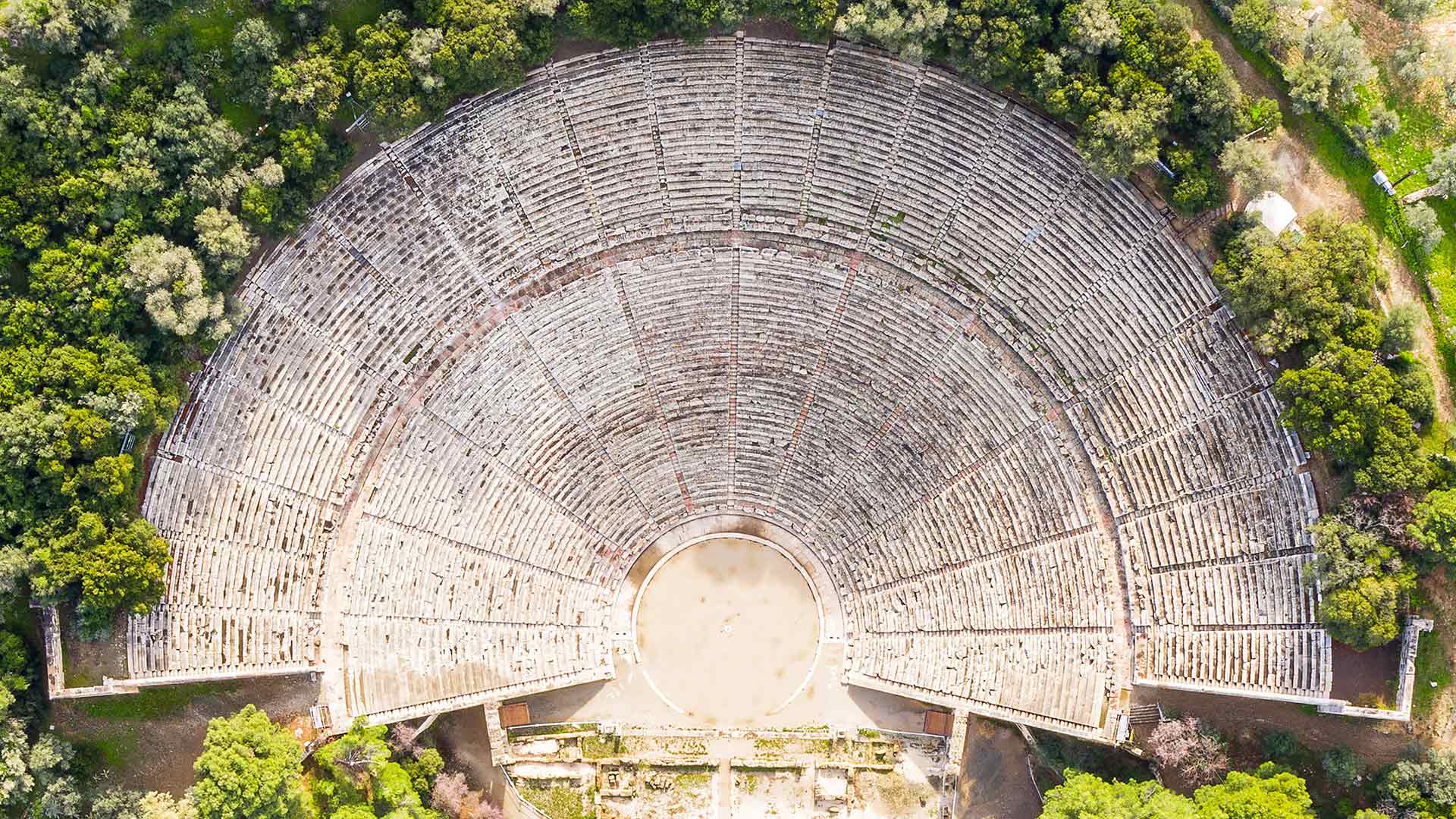Tunisia Moves Towards Sustainable Waste Management with New Incinerator
Tunisia, a North African country, has been addressing waste management challenges for years. The country, like many others in the region, has struggled with the accumulation of waste, and the lack of proper facilities to manage it effectively. However, recent developments in the country have shown a shift towards sustainable waste management practices, particularly with the construction of a new incinerator.
The new incinerator, which is located in the capital city of Tunis, is a major step towards addressing the waste management issues that have plagued Tunisia for years. The incinerator is designed to efficiently burn waste and generate energy, helping to reduce the accumulation of solid waste while also providing a sustainable source of energy for the region.
The construction of the incinerator is part of a larger effort by Tunisia to modernize its waste management practices and move towards a more sustainable future. With the incinerator coming online, the country hopes to reduce its reliance on landfills and open dump sites, which have been a major cause of environmental pollution and public health issues in the country.
The incinerator also represents a shift towards sustainable energy production in Tunisia. By burning waste and generating energy, the incinerator will help to reduce the country’s dependence on fossil fuels, and contribute to the development of a more sustainable and environmentally friendly energy sector.
In addition to the construction of the new incinerator, Tunisia has also been implementing other waste management initiatives such as recycling programs and the promotion of sustainable waste disposal practices. These efforts are aimed at reducing the amount of waste that ends up in landfills and open dump sites, and promoting the use of more sustainable waste management practices.
The move towards sustainable waste management in Tunisia is a positive step towards addressing environmental and public health issues in the country. By modernizing its waste management practices and investing in sustainable technologies, Tunisia is setting an example for other countries in the region to follow.
FAQs
Q: What is an incinerator and how does it work?
A: An incinerator is a facility designed to burn waste at high temperatures, typically between 800-1000 degrees Celsius. The process of incineration reduces the volume of waste, and the heat generated can be used to produce energy.
Q: What are the benefits of an incinerator?
A: Incinerators can significantly reduce the volume of waste, which helps to alleviate the pressure on landfills and open dump sites. Additionally, incinerators can generate energy from the heat produced during the incineration process, making them a sustainable source of energy.
Q: Are there any environmental concerns associated with incinerators?
A: While incinerators can generate energy from waste, there are some environmental concerns associated with the process. These include air pollution from the release of pollutants during the incineration process, as well as the potential for toxic ash to be produced from the burning of certain types of waste.
Q: How is Tunisia addressing these environmental concerns with its new incinerator?
A: Tunisia’s new incinerator is designed to meet strict environmental standards and regulations, which aim to minimize the environmental impact of the facility. The incinerator is equipped with advanced filtering and scrubbing systems to capture pollutants and minimize air emissions, and the ash produced during incineration is carefully managed and disposed of in a safe and environmentally friendly manner.
Q: What other waste management initiatives is Tunisia implementing?
A: In addition to the new incinerator, Tunisia is implementing recycling programs, promoting sustainable waste disposal practices, and investing in waste-to-energy technologies. These initiatives are part of the country’s broader efforts to modernize its waste management practices and move towards a more sustainable future.
Tunisia Moves Towards Sustainable Waste Management with New Incinerator




